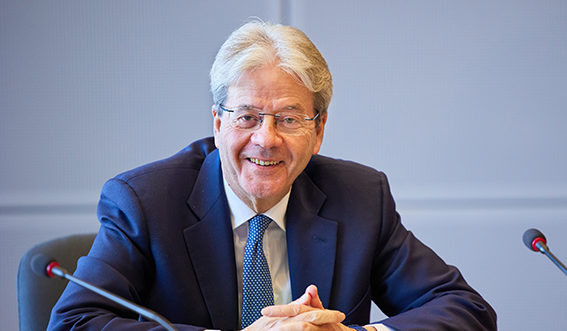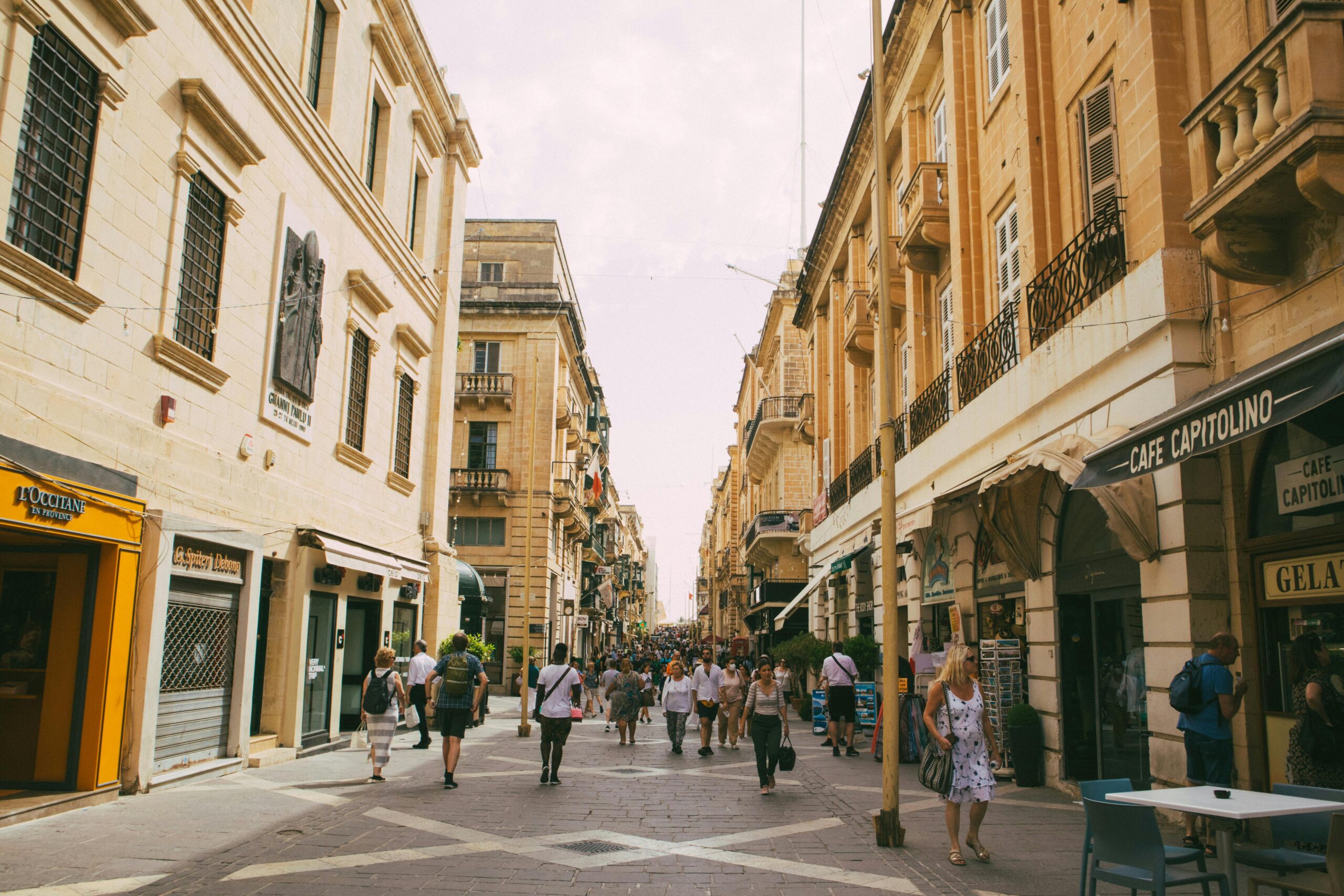The European Union is “avoiding a recession”, with the Euro zone expected to grow by 0.8 per cent in 2023 and 1.4 per cent in 2024, despite previous forecasts of economic contraction.
In an interview with CNBC, European Commissioner for Economy Paolo Gentiloni touted the bloc’s better-than-expected performance in 2022. He noted that it achieved higher growth than the United States or Canada even as war raged on in Ukraine, disrupting the Europe’s fuel supplies, dependent as they were on Russia.
Admitting that growth remained low, he called for restraint and the right use of terminology by media: “Please don’t call this a recession, because I think we can avoid a recession, we are avoiding recession.”
Mr Gentiloni highlighted the “double crisis” from the geopolitical impact of Russia’s invasion of Ukraine and the subsequent economic fallout as European countries sought to decouple their economies from the aggressor nation, pointing out that the war had a severe effect on Europe in particular.
“From a geopolitical point of view, [the crisis] impacted also, of course, the US and all the world, but from the economic point of view, it impacted seriously Europe and Germany in particular,” he said.
Although the EU managed to beat expectations last year, it is not out of the woods yet. Inflation has come down from its peak, but remains far higher than desirable, while fresh data shows a contraction in business activity during August.
Mr Gentiloni asserted that European countries’ crucial efforts to move towards energy independence from Russia was “very costly for our families, fuelling inflation”.
On the other hand, European countries and businesses found timely help through the Next Generation EU funding package, through which €750 billion of direct EU funding – raised by using collective EU bonds – was made available as grants or loans.
However, this programme will wind up in 2026, leading the Economy Commissioner to ask: “What next?”
“We are supporting green investments and digitisation with EU common funds, but these funds will expire two years from now. I think it is time to start a conversation about what comes next.”
Featured Image:
Commissioner for Economy Paolo Gentiloni / European Commission
Local filmmakers paid just €250 to screen at Mediterrane Film
The figure stands in stark contrast to the estimated €5 million total spend
Malta International Airport closes in on one million passengers in June
Meanwhile, aircraft traffic movement rose by 4.5 per cent year on year
Malta’s population hits 574,250 in 2024, up by 1.9%
Total net migration was at 10,614 persons, the vast majority being non-EU citizens






